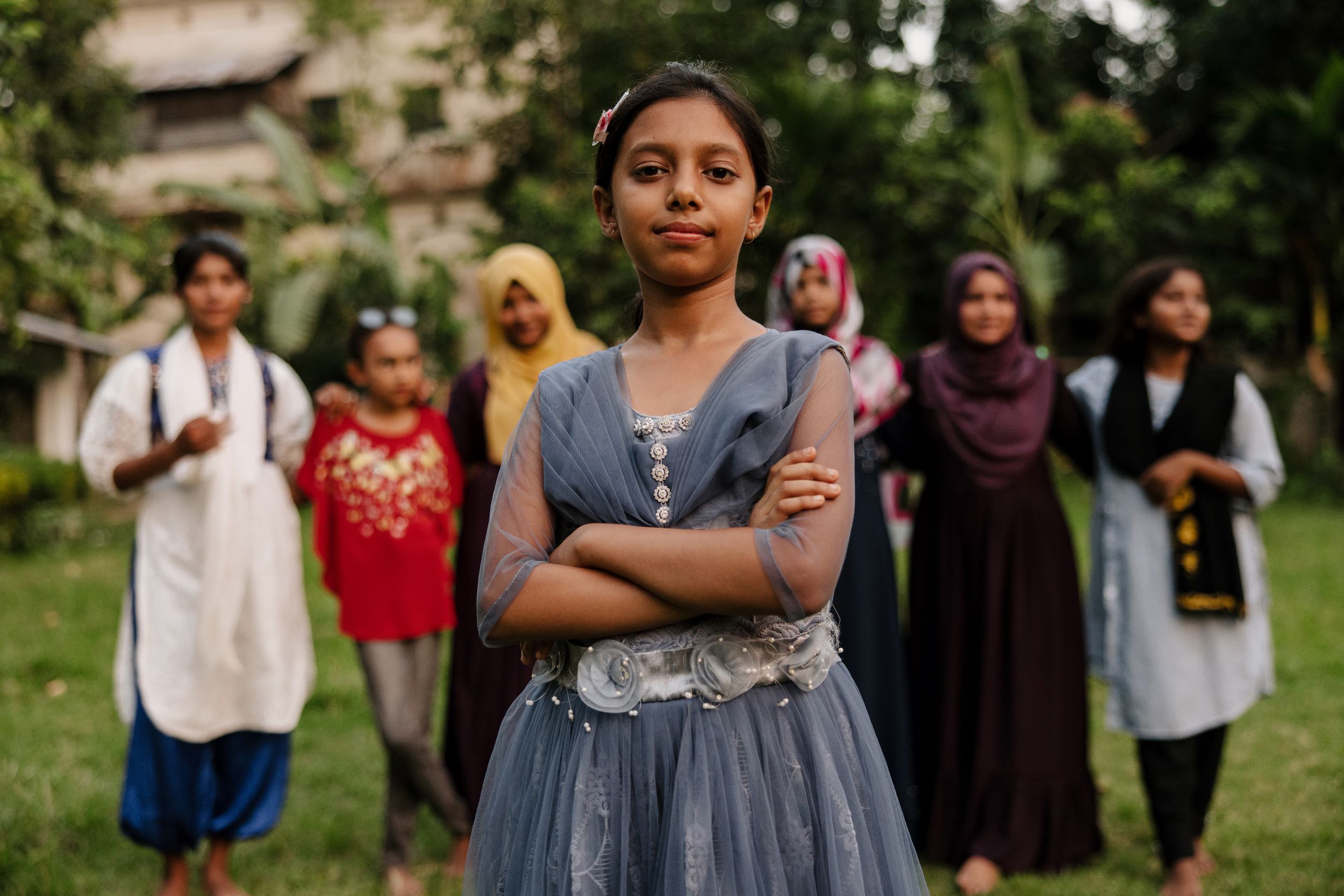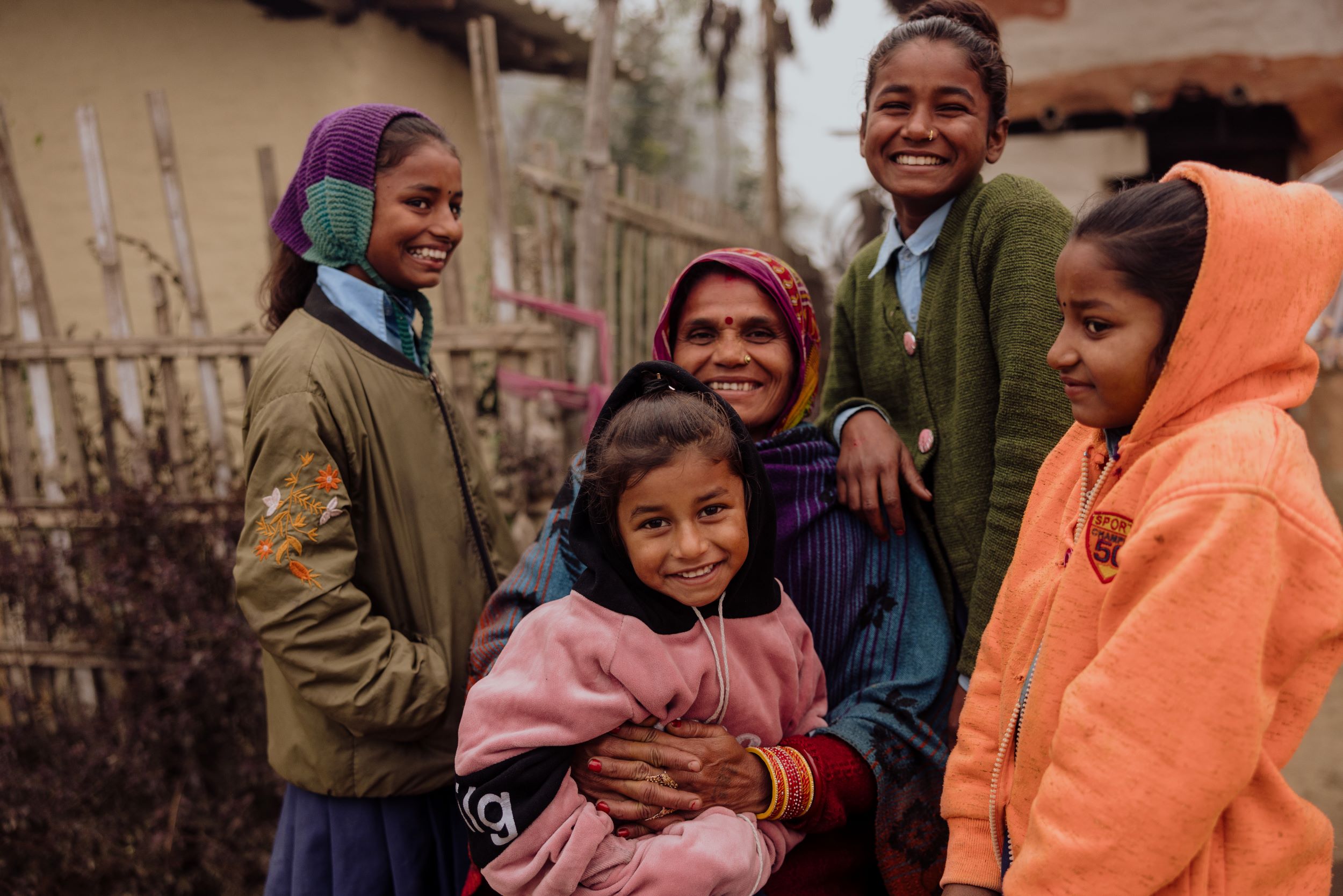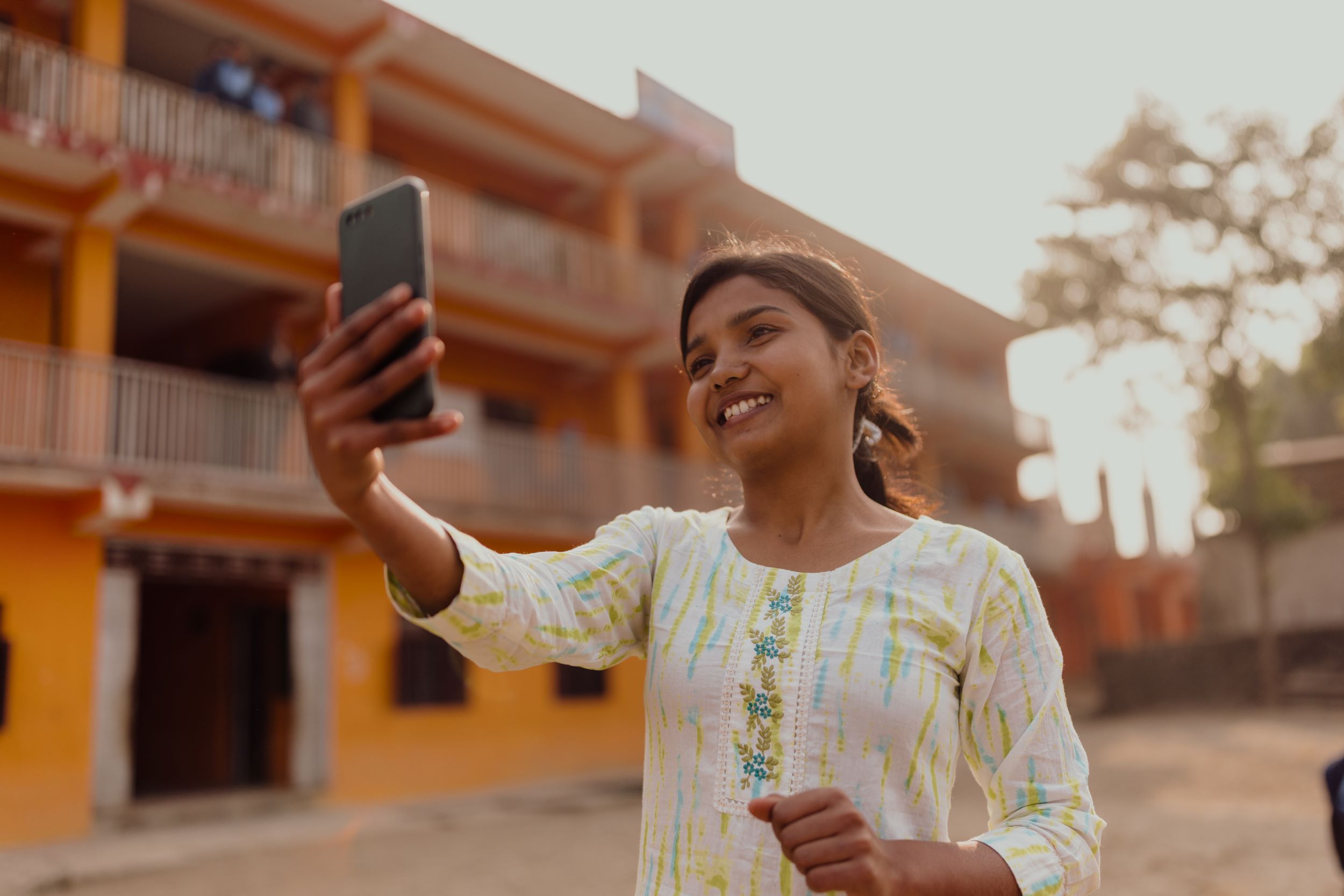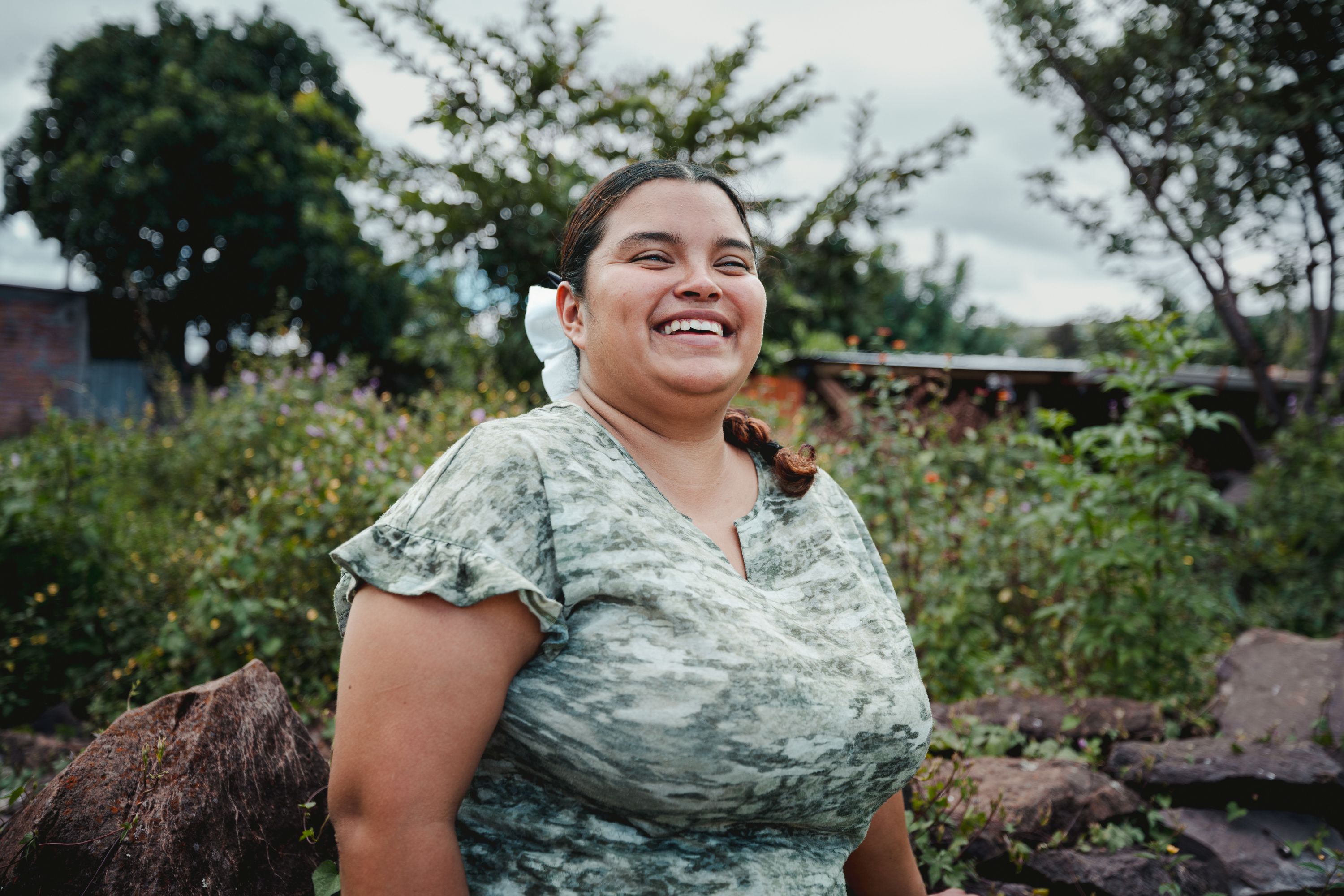
Five women and girls who are changing their worlds
There’s lots to celebrate and so much more we can do through Child Sponsorship.
A child rights advocate and future nurse; a business owner / youth instructor; a graduate with a government job; an undergraduate and nutrition specialist; and a future lawyer.
In celebration of International Women’s Day 2025, we highlight some of the progress five young women and girls are making in their communities.
Between them, they’ve overcome, or are in the process of overcoming, many obstacles including child marriage, abandonment, child labour, hunger and dirty water. Because of child sponsors, they know how to fight for their rights – their rights to be heard, to be safe, to be healthy and to choose their own path.
Read the stories of Farah, Lisbeth, Martha, Januka and Flora – and see how you could become part of this growing wave of change.
Jump to:
1. Farah: Speaking about the harm caused by child marriage
A survivor of child marriage, Farah* works with a child forum, established in her community in Bangladesh to stop girls being forced into child marriage. She also speaks to village committees and parents whenever she can – sharing her experience, explaining the harm child marriage has on girls, and raising awareness of children’s legal rights.
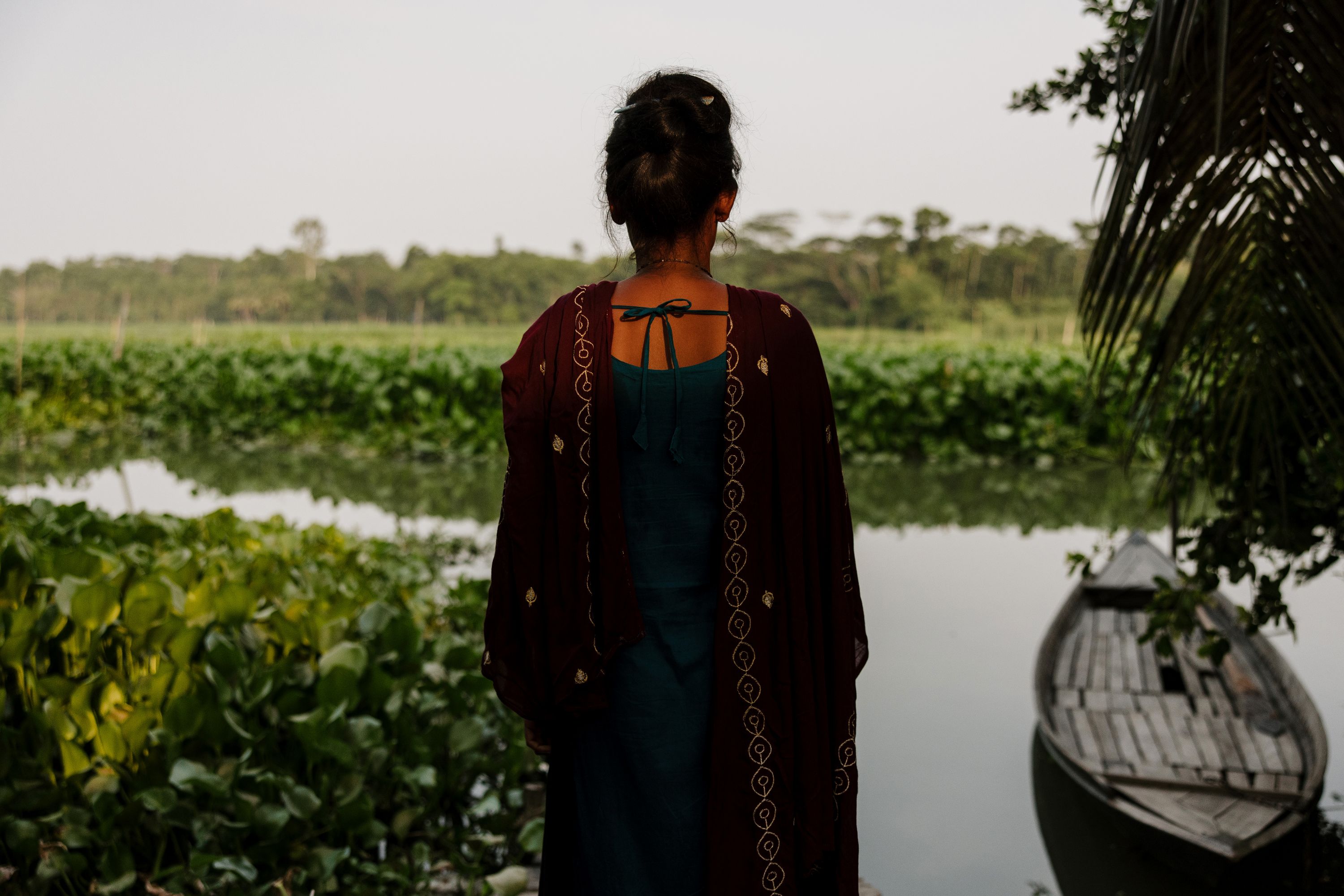
The marriage
Farah was just 14 when her parents told her she was going to be married. This was during the pandemic, when her parents were struggling to provide for Farah and her two siblings. At the time, having one less mouth to feed by marrying a child off seemed like a good option.
Farah was devastated when she heard the news, which meant she would be expected to leave school and go live with her husband and his family, 40 km away.
The wedding was barely finished when the abuse from Farah’s new husband and his parents began – name calling, humiliation and threats. Miserable, she called her parents, but they told her to make the best of it – they had invested their few savings into paying her dowry. But Farah only became more and more desperate.
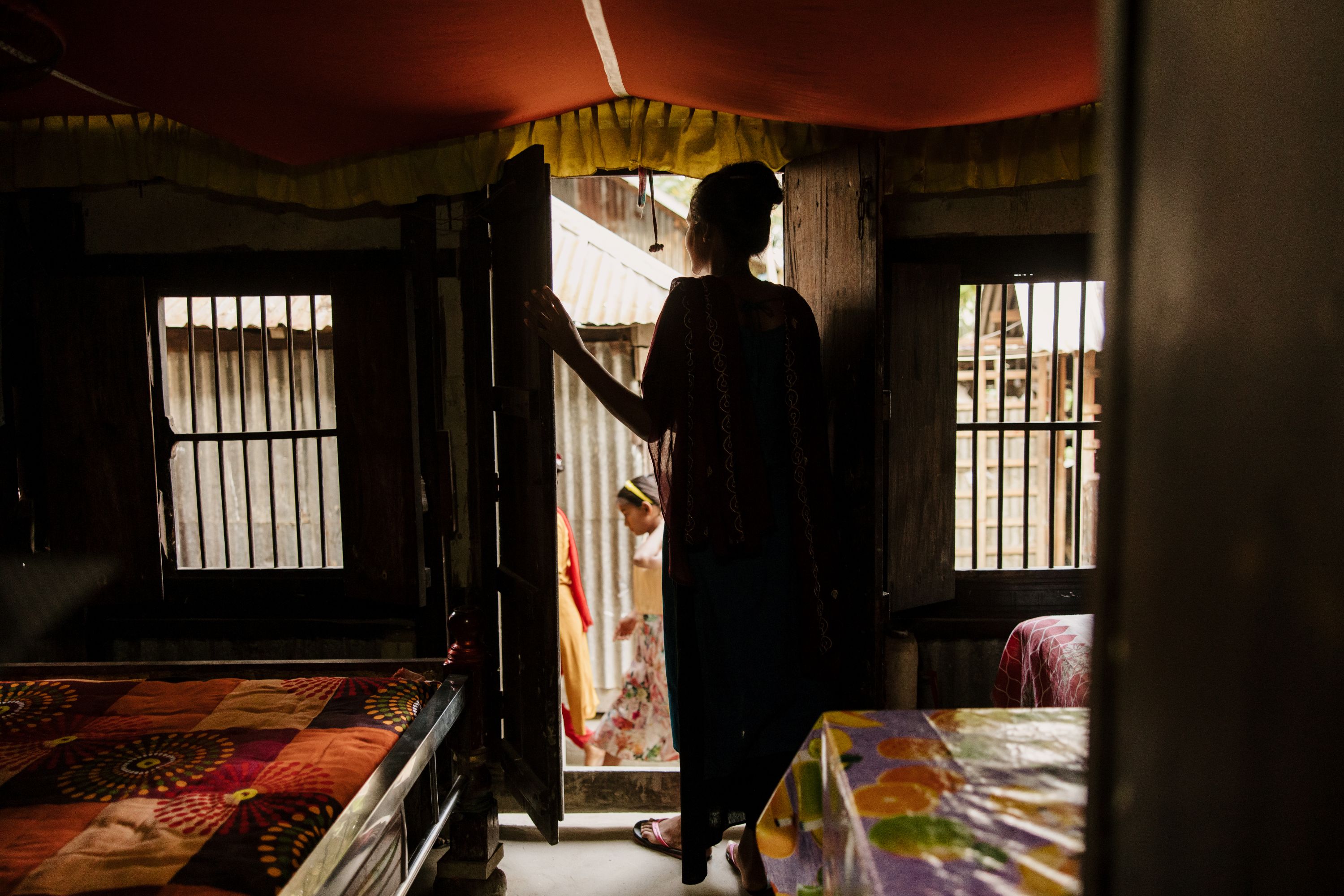
Coming home
One month later, after many more calls, Farah’s mum arrived to bring her back home.
Farah was relieved, but not everyone welcomed her back. The neighbours laughed at her, telling her she should be ashamed. Now, if she marries following the traditional system, her dowry will be higher since she’s divorced and no longer considered ‘pure’.
But Farah knows the value of education and is working hard at school so she can gain financial independence. Today, she dreams of becoming a nurse.
*Name changed to protect identity
2. Lisbeth: A life changed to change lives
Now 25, Lisbeth in Honduras, has gone from living on the streets to building a home. Today, she’s a volunteer and leader in her community and an instructor in World Vision’s Youth Ready programme – having benefitted from the programme herself.
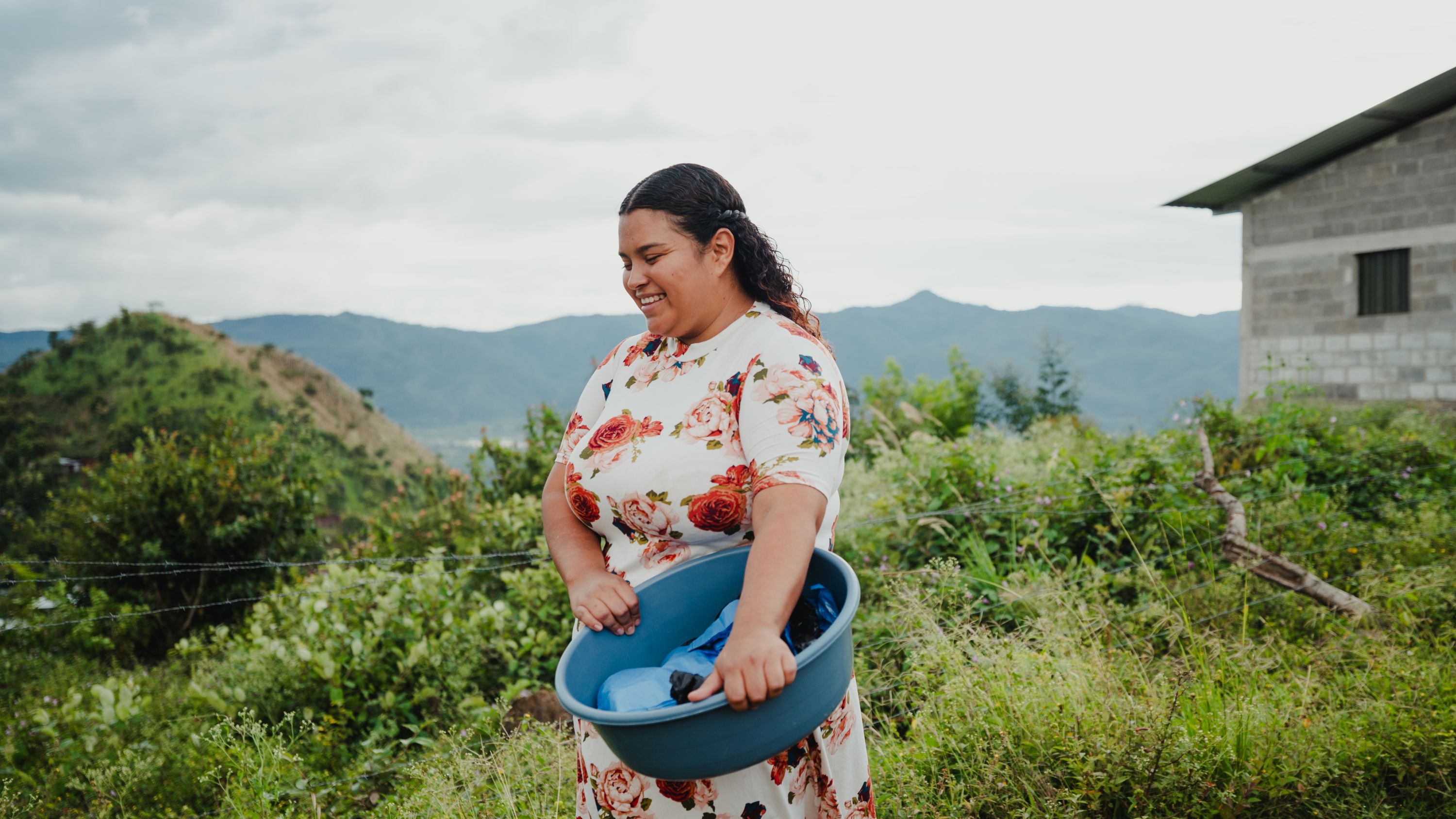
A chaotic childhood
Growing up in Honduras, Lisbeth’s childhood was chaotic, her dad absent, her mum unable to provide good care to her four children.
"My whole childhood was about taking care of my siblings,” says Lisbeth. “I was always the one who gave everything for them, and coming home to my mom meant facing mistreatment, but I had to keep fighting for them.”
When Lisbeth was 17, her mum died, leaving Lisbeth alone and dashing her hopes of graduating from school and finding a good job. But a friend introduced her to World Vision’s Youth Ready training sessions, designed to empower young people from vulnerable backgrounds.
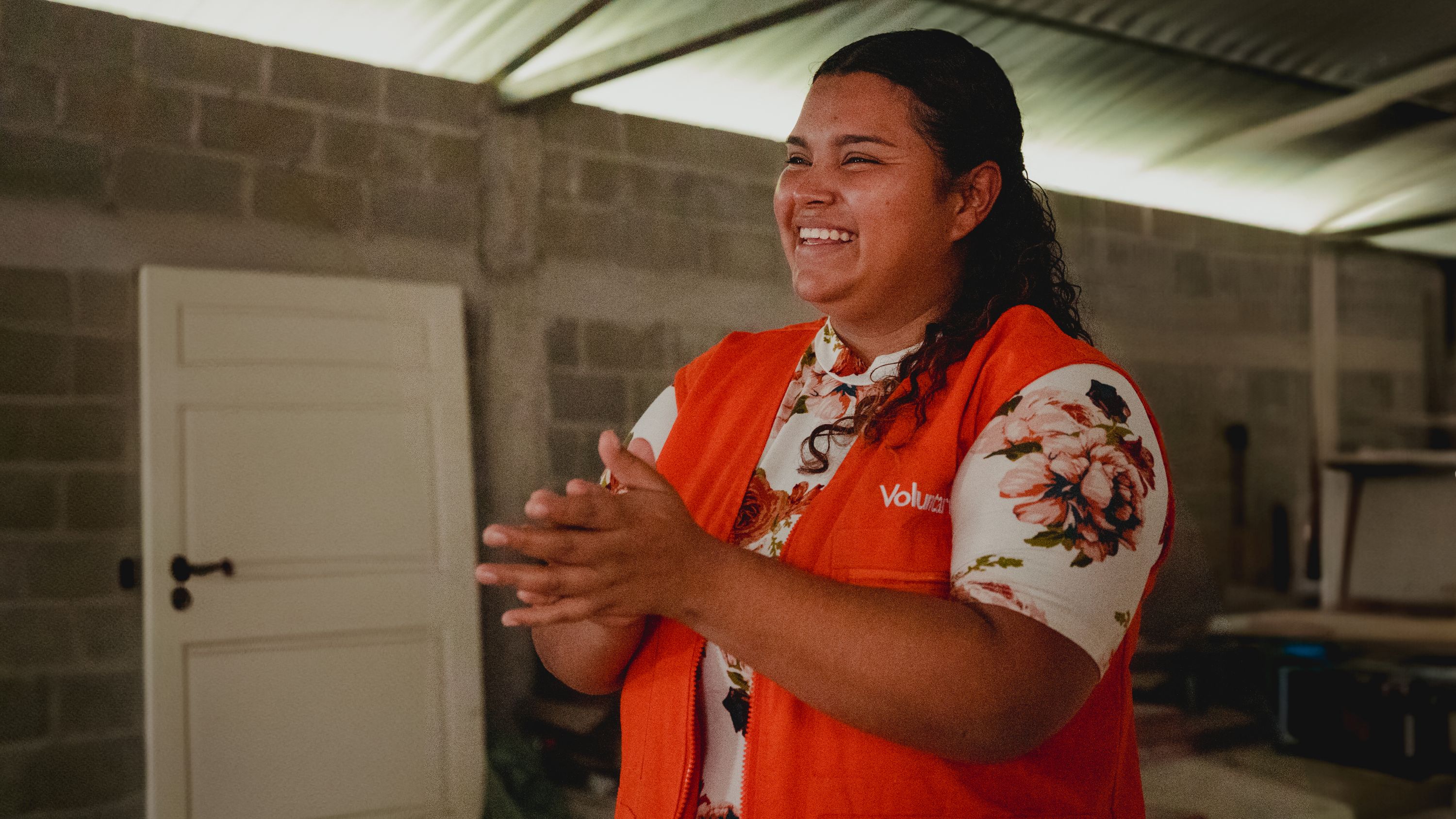
Better days
Youth Ready training helped Lisbeth start her own food business, but that was just the start. Lisbeth went on to volunteer with World Vision, helping support children with anaemia and malnutrition. She then went on to become a Youth Ready instructor.
"I realised that just as my life was changed one day when I was a young person, I could now change the life of another young person,” she says.
Today, Lisbeth has been accepted at a university and is hoping to extend the house she lives in with her husband. She’s also able to provide medication for youngest sister, Sara, 12.
Lisbeth has a strong faith and is dedicated to her church, as well as the young people she supports. And her dream is to one day open her own bakery.
3. Martha: Obstacles became opportunities
Orphaned at six, Martha was engaged in child labour to support her siblings. But Child Sponsorship changed everything and today, at 24, Martha is a university graduate working for a government institution.
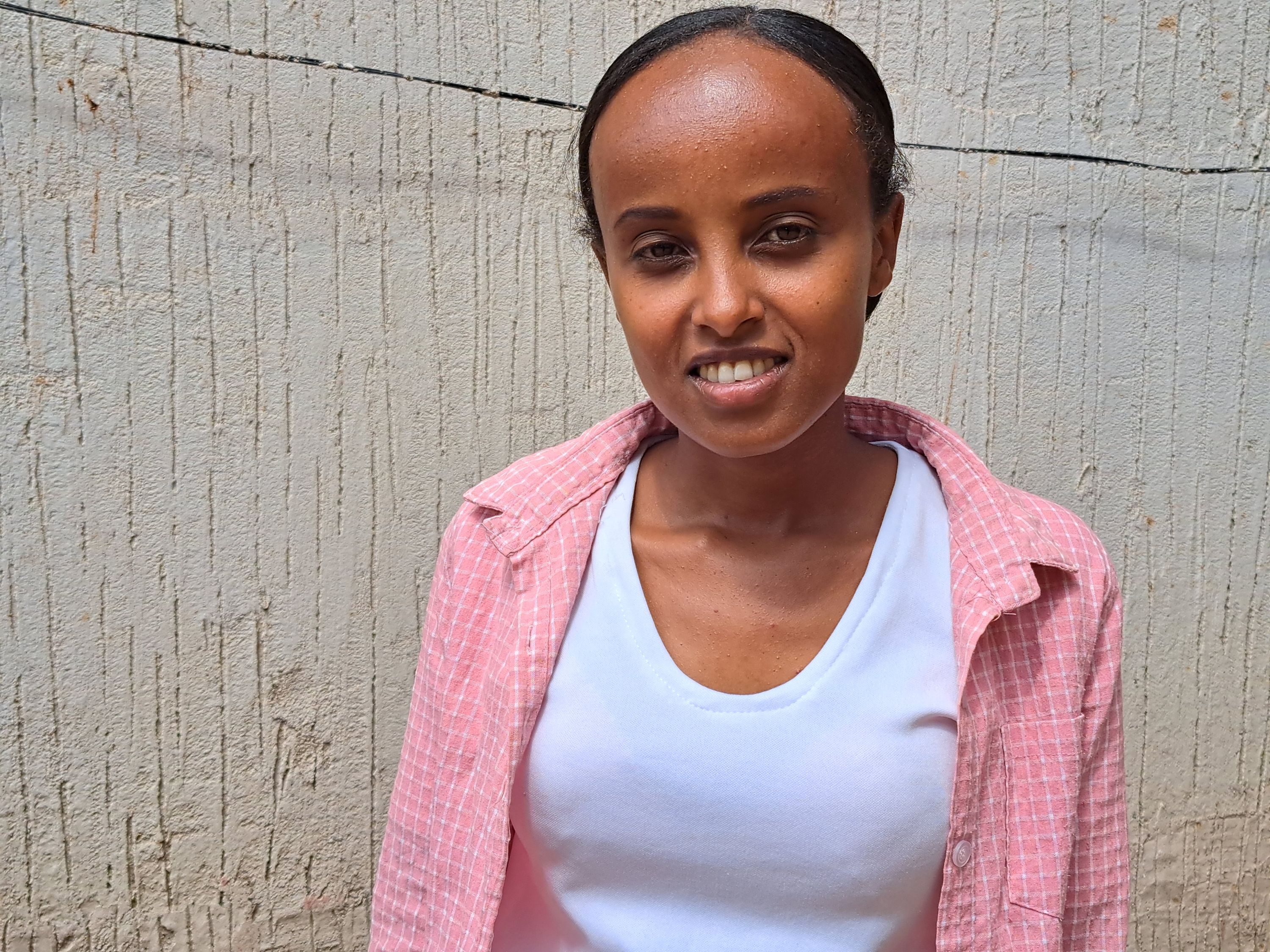
Working for school fees at six
Martha, who lives in Ethiopia, is the eldest of her sisters, but she was only six when her parents both died, leaving them on their own.
The first lifeline came in the form of the girls’ grandmother, who took them in, though she often struggled to provide for her own family. The girls were cared for, but times were hard and Martha needed to find work – running errands, fetching water and doing household chores to pay their school fees.
"Sometimes, my sisters and I went to school hungry, and our teachers fed us,” she recalls. “This made it difficult to concentrate in class.”
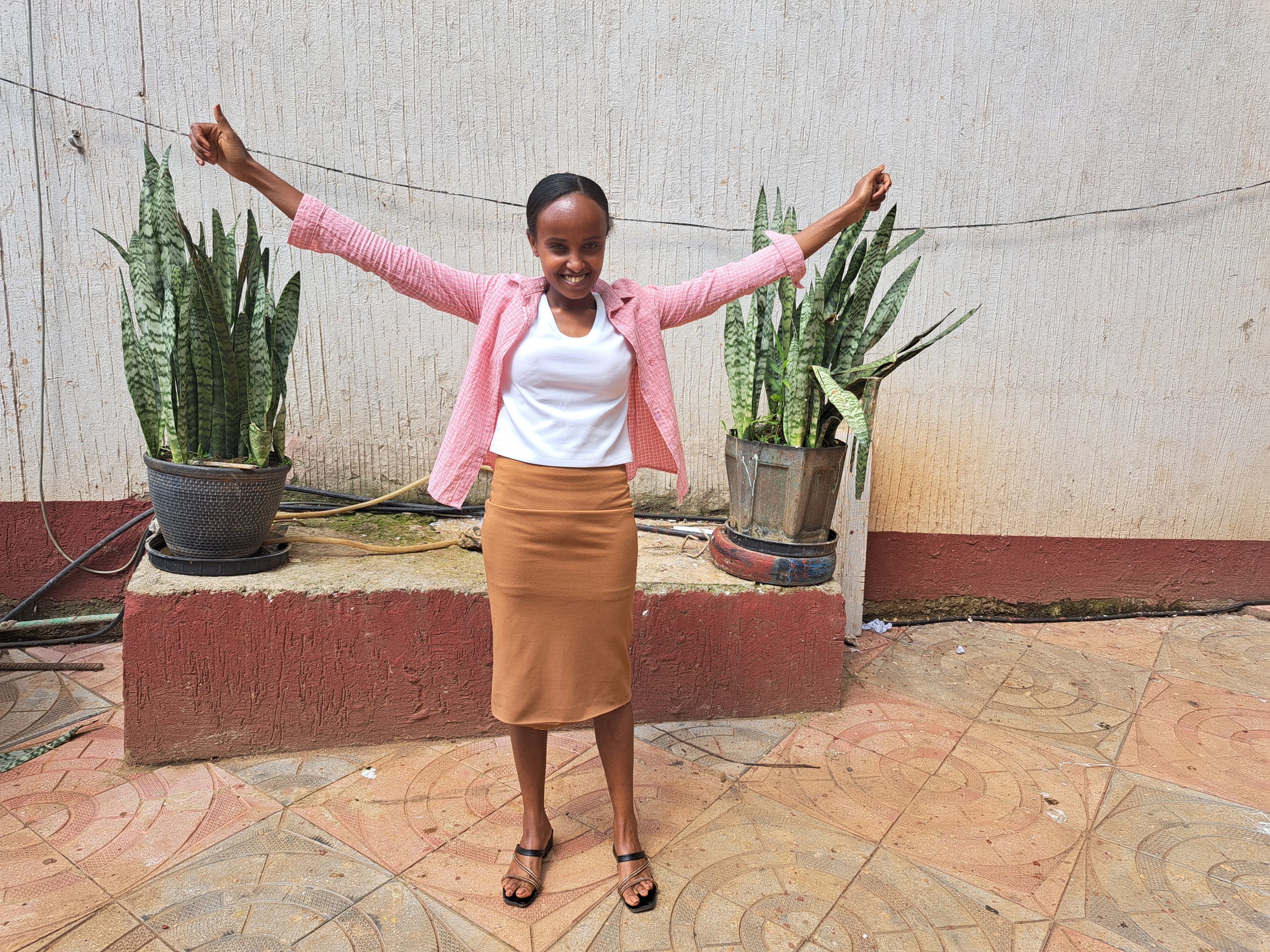
A new beginning with Child Sponsorship
Everything changed when a government development committee representative came to the village and identified Martha’s family as ‘most vulnerable’. Martha was registered with World Vision’s sponsorship programme and received school supplies, uniforms and food assistance, lifting the heavy burden off her shoulders.
The personal encouragement Martha received from her sponsor played a pivotal role in igniting Martha’s dreams.
“Their letters made me feel like I had a family cheering me on," she says.
She began pursuing her studies with renewed passion, excelling at school and eventually enrolling at university.
"The challenges I faced made me strong," she says. "World Vision's support helped me see barriers as opportunities. Without them, becoming self-sufficient, and supporting others would have been a distant dream.”
Two years ago, Martha graduated from university and now works as a Technical Management Officer for a government institution. Her success has enabled her to support her family and ensure her younger sisters continue their education.
4. Januka: A force to be reckoned with
Aged eight, Januka wasn’t going to school regularly, often because there wasn’t enough money to pay the fees. Then she was sponsored and everything changed. Now she’s a peer educator, sharing life skills and advocating for the wellbeing of young people in her community.
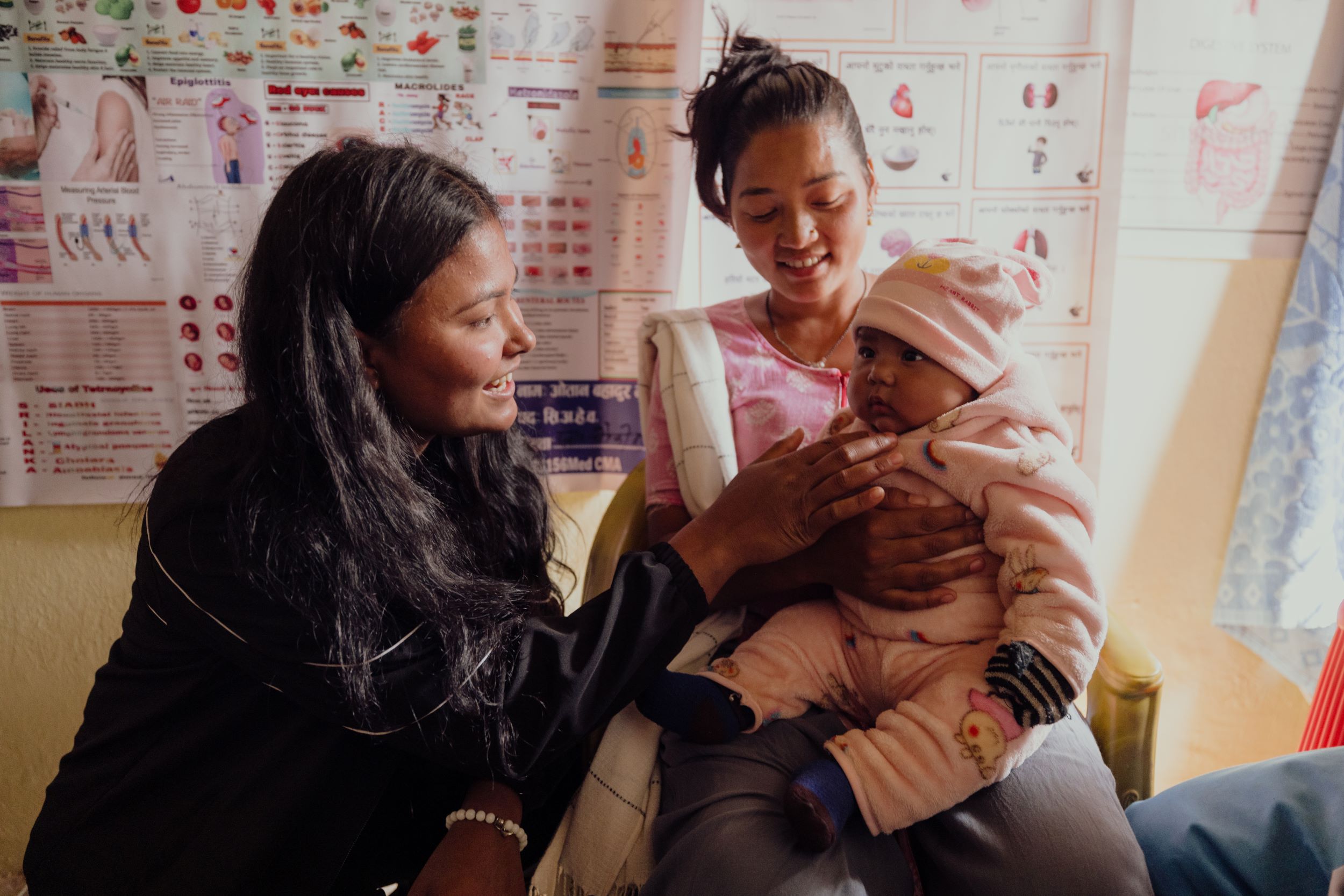
Life before Child Sponsorship
Januka’s parents were subsistence farmers, relying on the land for food. It often meant they struggled to provide enough food and generate enough income to keep Januka in school.
When Januka, who lives in rural Nepal, was sponsored, this meant she could stay in school, embarking on an education journey that saw her become a top student and then the first person in her family to go to university.
“Everyone who is a sponsored child like me can change the world,” Januka says. “The support I got removed my fear of speaking and I became more vocal.”
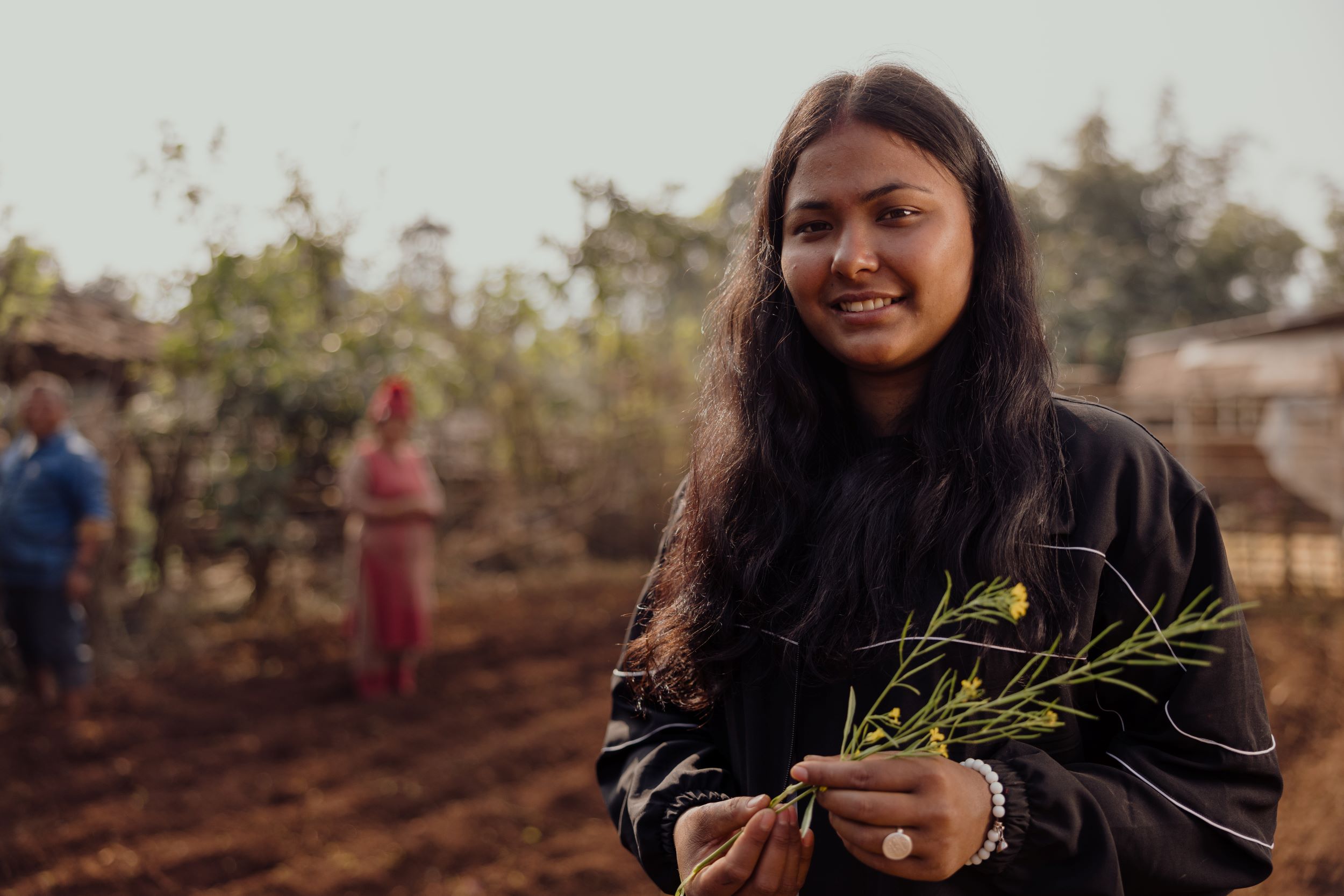
Making lasting change
Januka dived into her studies, but couldn’t forget the struggles her community faces, especially around food. Having trained as a peer educator, today she shares life skills and advocates for the wellbeing of young people.
In her spare time, Januka:
- leads a health and nutrition programme to support women in pregnancy and birth
- maintains a vegetable garden, which creates a supply of locally grown seasonal vegetables for the market at a cheaper price than imported produce
- leads a Savings for Transformation group that focuses on nutrition. Through these groups, women are able to put aside money together and then take turns lending to each other when needs arise
- helps children learn about nutrition through theatre performances.
“Because I was sponsored,” Januka says, “I got the chance to go to school. Because I am sponsored, I am the first one in my family to get into a university. Because I am sponsored, I have a voice. Because I am sponsored, I am going to change the world.”
5. Flora: A future lawyer?
Flora is eleven years old and lives in Malawi. Just two years ago, she and her family were drinking water from unprotected wells. Now they have access to safe, clean water and it’s made all the difference. Flora no longer misses school and has plans for her future that wouldn’t be possible without a good education.
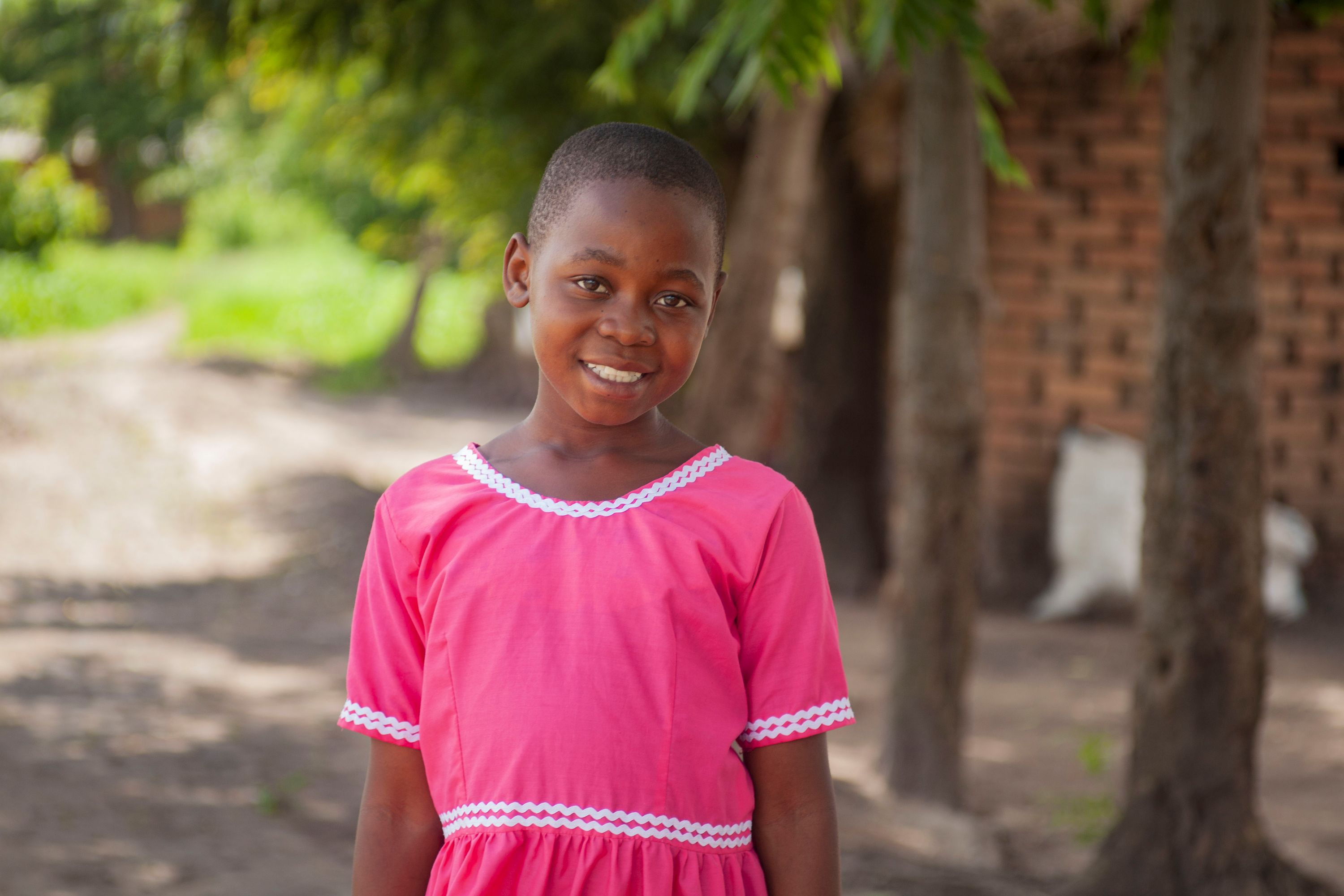
The days of dirty water
“I used to fall sick every now and then from diarrhoea,” shares Flora. “Many times, I failed to go to school because of stomach pains. But things have changed now.”
For her mother, Eletina, the weight has been lifted. There are no more fears that her children will never make it in school.
“It’s never a good feeling to see your children fall sick every now and then. I sleep with ease knowing that we have clean water nearby and that my children are safe from diseases. They now go to school without missing a single class,” says Eletina.
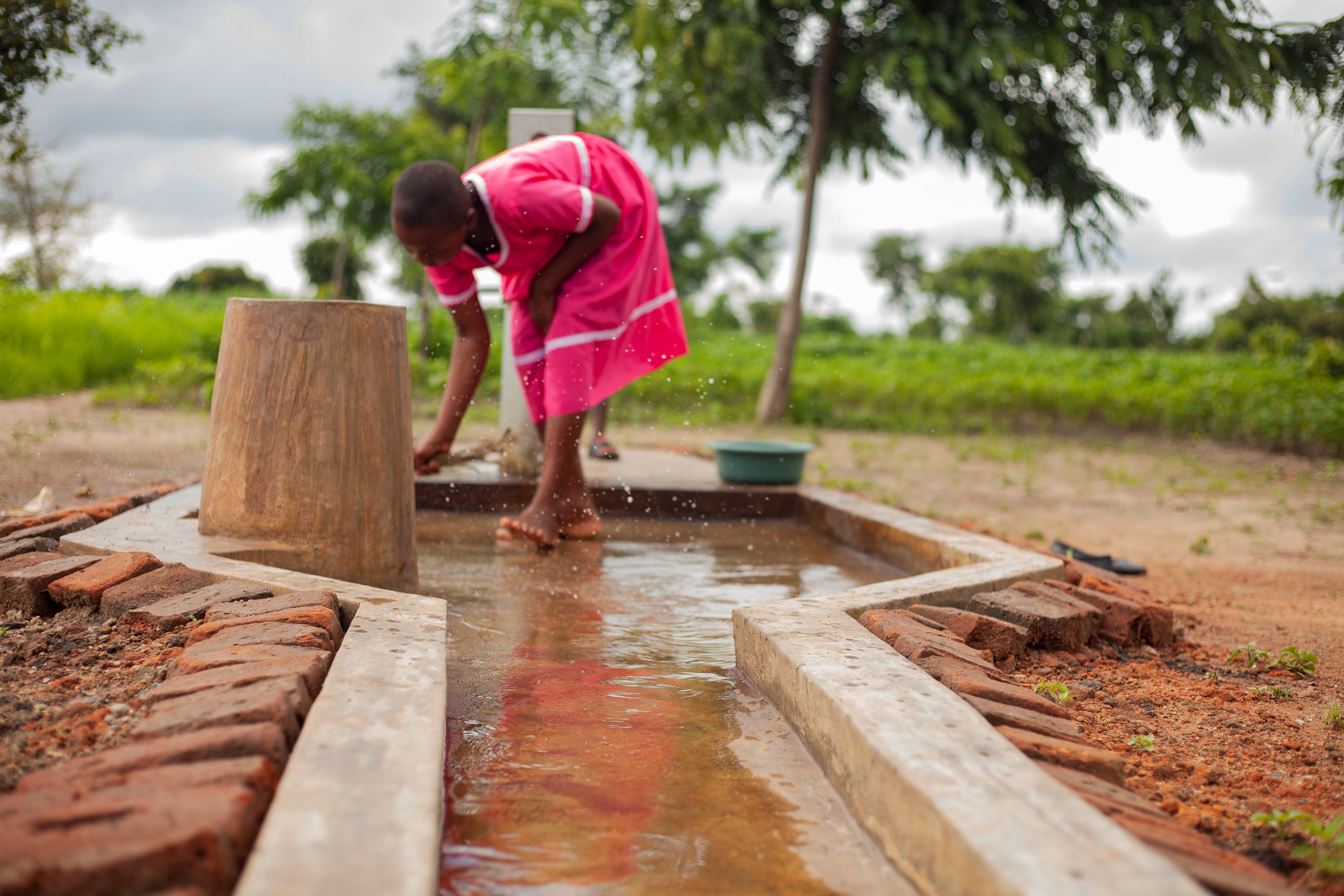
No more stomach pains
With a cholera outbreak in Malawi, the borehole could not have come at a better time. Now Flora is happy and healthy, taking part in school.
“I don’t skip classes these days because there are no more stomach pains. I feel great and fit every day. My sole focus now is to work hard in class because I understand that becoming a lawyer needs one to work hard,” she says.
The power is in their hands
Each of these girls is determined to achieve their full potential: the power is in their hands. And every one of them has benefitted from World Vision’s programmes, funded by child sponsors.
This International Women’s Day, you could sponsor a girl and give her the drive to fight for her own rights. Her rights to:
- Safe, clean water, without a long walk
- Nutritious food and good health
- A safe place in which to grow up
- A complete education
And her right to say no to child marriage, FGM, child labour and any other violation of her rights.

